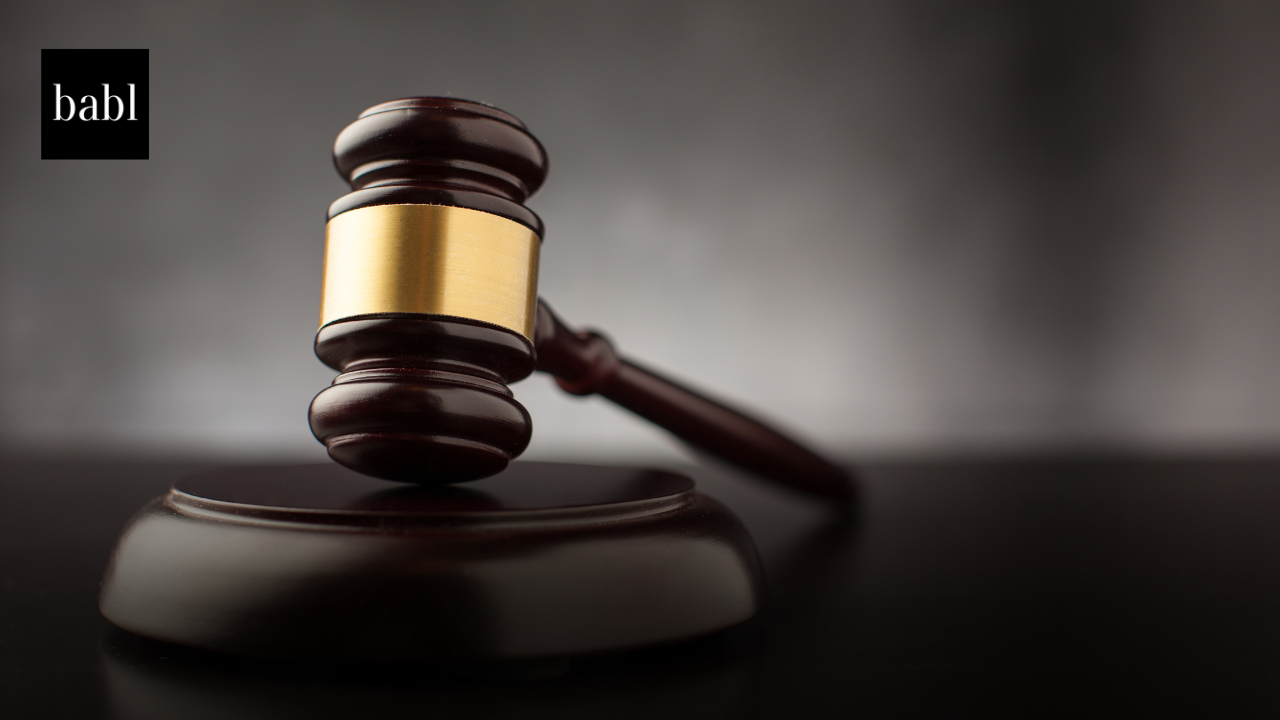The European Commission has officially withdrawn its proposal for the AI Liability Directive, a move that signals a shift in its approach to regulating artificial intelligence (AI). Initially introduced in September 2022, the directive aimed to establish clear rules on liability for damages caused by AI systems, ensuring accountability and legal clarity across the European Union. However, the withdrawal reflects ongoing debates over AI governance and the evolving regulatory landscape shaped by the EU AI Act.
The AI Liability Directive was designed to complement the EU AI Act by addressing gaps in existing liability frameworks, particularly in cases where AI systems cause harm. It sought to simplify the burden of proof for victims by introducing a rebuttable presumption of causality, meaning that if an AI system’s failure led to damage, the burden would shift to the provider or user to prove otherwise. This approach was intended to create a more balanced legal environment while encouraging innovation.
The decision to withdraw the proposal follows months of negotiations and feedback from stakeholders across the tech industry, legal sectors, and member states. Critics of the directive argued that its provisions could lead to excessive legal uncertainty, deterring investment and stifling AI development in Europe. Some policymakers favored a more flexible liability framework, integrating AI-related liability within existing national laws rather than creating a separate directive.
European Commissioner for Justice Didier Reynders acknowledged the withdrawal, stating that the Commission remains committed to ensuring robust consumer protection and legal clarity in the AI ecosystem. He emphasized that ongoing discussions would focus on refining liability frameworks through sector-specific regulations and alignment with the EU AI Act.
Despite the withdrawal, liability remains a key issue in AI governance, with concerns over product liability, transparency, and accountability still at the forefront. The European Parliament and Council are expected to explore alternative regulatory approaches, potentially revisiting AI liability within broader legislative initiatives.
The EU AI Act, which is set to become the EU’s primary legal framework for AI regulation, will now play a central role in addressing liability concerns. By categorizing AI systems based on risk levels and imposing strict obligations on high-risk applications, the EU AI Act aims to ensure safe and ethical AI deployment across the EU.
Need Help?
If you’re concerned or have questions about how to navigate the EU or global AI regulatory landscape, don’t hesitate to reach out to BABL AI. Their Audit Experts can offer valuable insight and ensure you’re informed and compliant.





